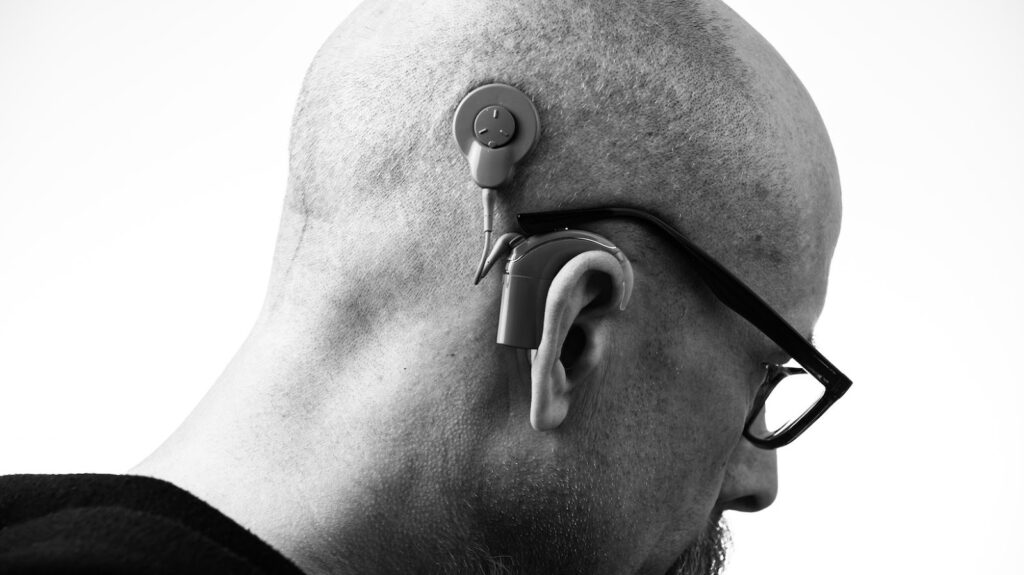Are you looking for job opportunities for individuals with hearing impairments? Look no further! In this article, I’ll be discussing various options and resources available to those who are deaf or hard of hearing. Whether you’re seeking employment in a specific industry or need assistance finding inclusive workplaces, I’ve got you covered.
Finding a job can be challenging for anyone, but it can be even more daunting if you have a hearing impairment. However, thanks to advancements in technology and increasing awareness about inclusivity, there are now numerous career paths that offer equal opportunities for individuals with hearing loss.
From positions in the healthcare sector to jobs in information technology and customer service, the range of industries that accommodate people with hearing impairments is expanding. With the right support systems and accommodations, individuals with hearing loss can excel in their chosen fields and contribute meaningfully to the workforce.
Jobs for Hearing Impaired
The hearing impaired community faces unique challenges when it comes to finding employment. Communication barriers can often hinder their ability to navigate job interviews, team collaborations, and daily interactions in the workplace. This can lead to misconceptions about their capabilities and limit their access to opportunities. One of the main obstacles faced by the hearing impaired is a lack of understanding from employers and colleagues. Many individuals are unaware of how to effectively communicate with someone who is hearing impaired or may hold misconceptions about their abilities. As a result, important information may be missed, leading to misunderstandings and potential frustrations for both parties. Another challenge lies in finding positions that accommodate the specific needs of individuals with hearing impairments. Certain jobs may require extensive verbal communication or rely heavily on telephone conversations, which can present significant limitations for those who are deaf or hard-of-hearing. Limited access to assistive technologies and resources further compounds these difficulties.Overcoming Barriers: Strategies for Successful Employment
Despite these challenges, there are various strategies that can help individuals with hearing impairments overcome barriers and find successful employment:- Effective Communication: Encouraging open dialogue between employers, colleagues, and employees with hearing impairments is crucial. Employers should provide training on effective communication techniques and foster an inclusive environment where everyone feels comfortable asking questions or seeking clarification.
- Accessible Technology: Leveraging technology can greatly enhance accessibility in the workplace. Captioning services during meetings or presentations enable individuals with hearing impairments to fully participate and understand discussions. Additionally, video relay services allow for real-time interpretation via sign language over video calls.
- Reasonable Accommodations: Employers should make reasonable accommodations based on individual needs as required by law (such as providing assistive listening devices or ensuring visual alarms). By creating an inclusive environment that supports all employees’ needs, organizations can foster a more diverse and productive workforce.
Promoting Inclusivity: Supportive Workplace Initiatives
To promote inclusivity and support the hearing impaired community in the workplace, organizations can implement several initiatives:- Diversity Training: Offering diversity training programs that include modules on disability awareness and inclusion can help raise awareness among employees. This fosters a more understanding and supportive work environment for individuals with hearing impairments.
- Accessible Policies: Developing inclusive policies that address the specific needs of individuals with hearing impairments is crucial. This may involve providing sign language interpreters for important meetings, using visual aids during presentations, or implementing flexible communication methods.
- Advocacy and Support Groups: Encouraging employees to join advocacy groups or establishing internal support networks can provide a sense of belonging and empowerment for individuals with hearing impairments. These platforms allow for sharing experiences, exchanging knowledge, and addressing common challenges within the workplace.











